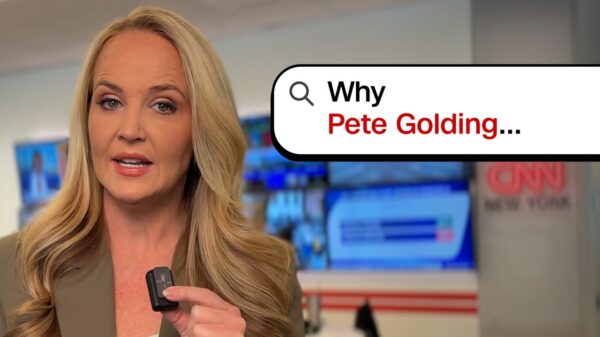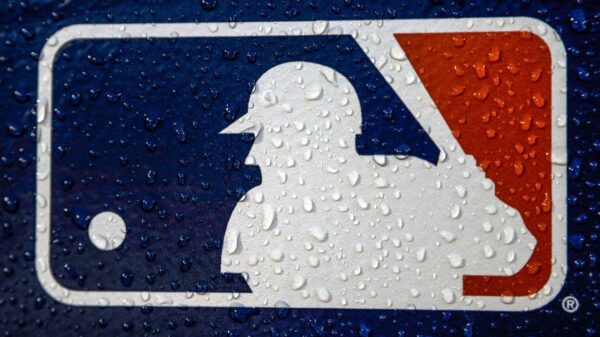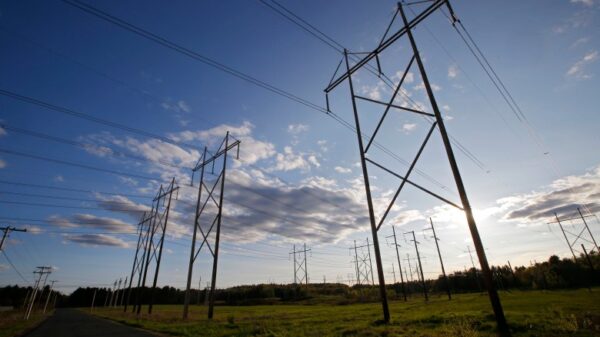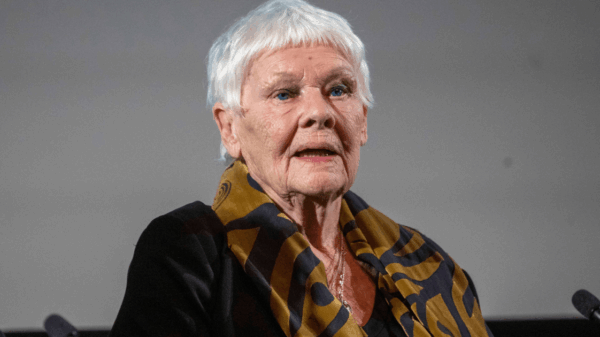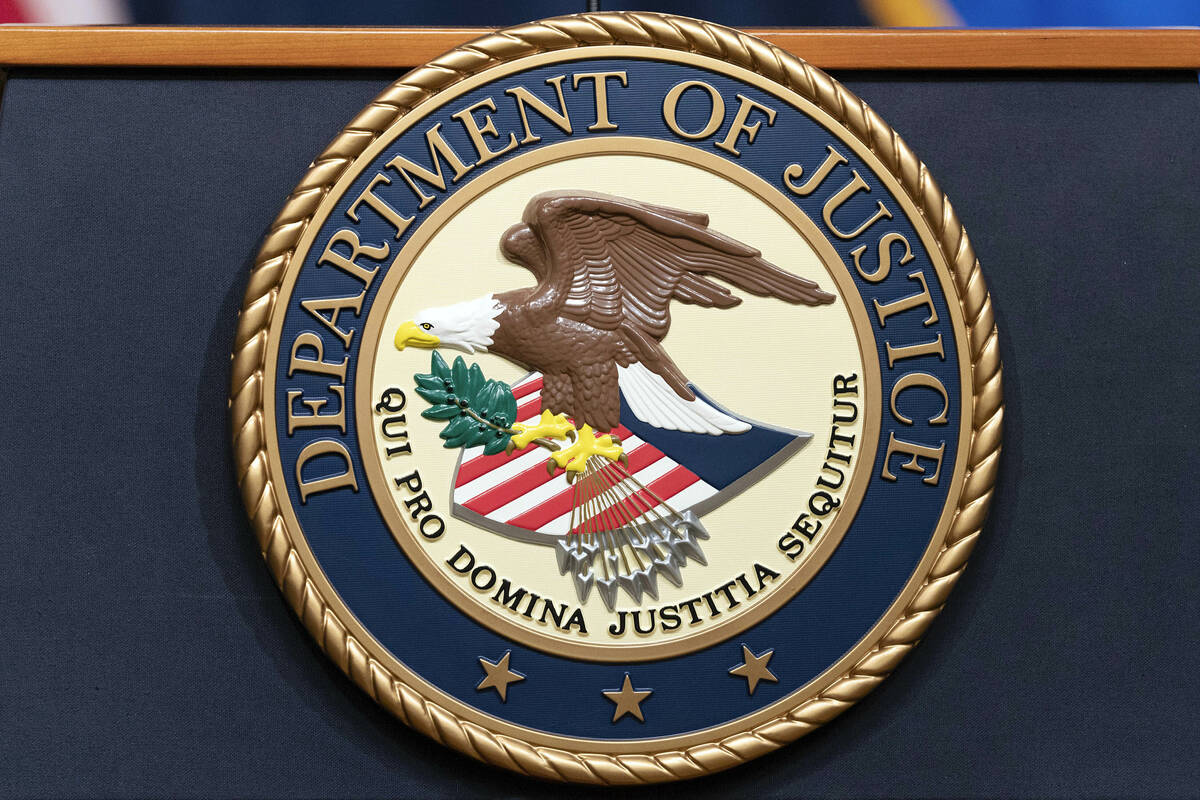The ongoing controversy surrounding President Donald Trump’s anti-crime initiative in Washington, D.C., has taken a significant turn. Initially, many Democrats and media commentators criticized Trump’s assertion that crime in the city is “out of control,” arguing that crime rates were declining to their lowest levels in three decades. However, following two weeks of increased law enforcement presence and rising arrests, voices from various quarters are increasingly acknowledging that crime remains a serious issue in the district.
A recent report from the Wall Street Journal highlighted the sentiments of Ebony Payne, a neighborhood commissioner in northeast Washington. She expressed her frustration with the city’s inability to address escalating crime, citing numerous reports from residents regarding assaults, break-ins, and other criminal activities. Payne noted that while some residents initially felt relief upon hearing of Trump’s initiative, she has been disappointed by the lack of visible police presence in her community. “We all wanted something to be done,” she stated, reflecting the pervasive concern among residents about safety.
In a striking acknowledgment of the complexity of the situation, Maureen Dowd, a columnist for the New York Times and a native Washingtonian, conveyed her own feelings of unease. Dowd remarked on the outrage from city officials and many liberal residents regarding Trump’s portrayal of D.C. as a “hellscape.” Nonetheless, she also pointed out that many residents secretly welcome the increased police presence, stating, “No matter what statistics say, they don’t feel safe.” Dowd herself carries pepper spray for personal safety, highlighting the heightened anxiety felt by residents navigating the city.
The conversation around Trump’s initiative has drawn in various commentators, including former prosecutor and CNN legal analyst Elie Honig. He articulated a perspective that encapsulates the evolving sentiment towards Trump’s actions, suggesting, “Yes, Trump is hypocritical and scattershot on public safety. And yes, he’s likely doing this as a flex. But he happens to be within the law here, and he happens to be right.”
Even publications traditionally critical of Trump, such as The Atlantic, have echoed this sentiment. An article recently published by the magazine stated that while Trump may have the wrong approach to addressing crime, it affirmed that “D.C. has a serious crime problem.” The article emphasized the need for deliberate intervention to address the “longstanding and profound violence problem” in the nation’s capital.
The D.C. Police Union, which represents approximately 3,200 officers, has expressed support for Trump’s initiative since its inception. Union chief Greggory Pemberton stated, “We completely agree with the president that crime in the District of Columbia is out of control and something needs to be done with it.” Following the implementation of the anti-crime measures, the union reported a significant drop in various crime categories, including a 46 percent decrease in robbery and an 83 percent drop in carjacking over a recent week.
Despite these numbers, the credibility of crime statistics released by the Metropolitan Police Department has been called into question. Allegations have surfaced regarding the downgrading of felonies to misdemeanors, which could skew the perception of crime rates. This controversy adds another layer to the debate, leading some to argue that the crime situation may be worse than official statistics suggest.
As of now, the narrative around crime in Washington, D.C., is shifting. Fewer individuals are maintaining that crime is on the decline or that it is at its lowest point in decades. This new consensus among various stakeholders, including critics of Trump, signals a recognition of the serious public safety issues facing the city. The evolving dialogue underscores the complexities of addressing crime while navigating political divides, suggesting the need for a comprehensive approach that prioritizes community safety and effective law enforcement.



